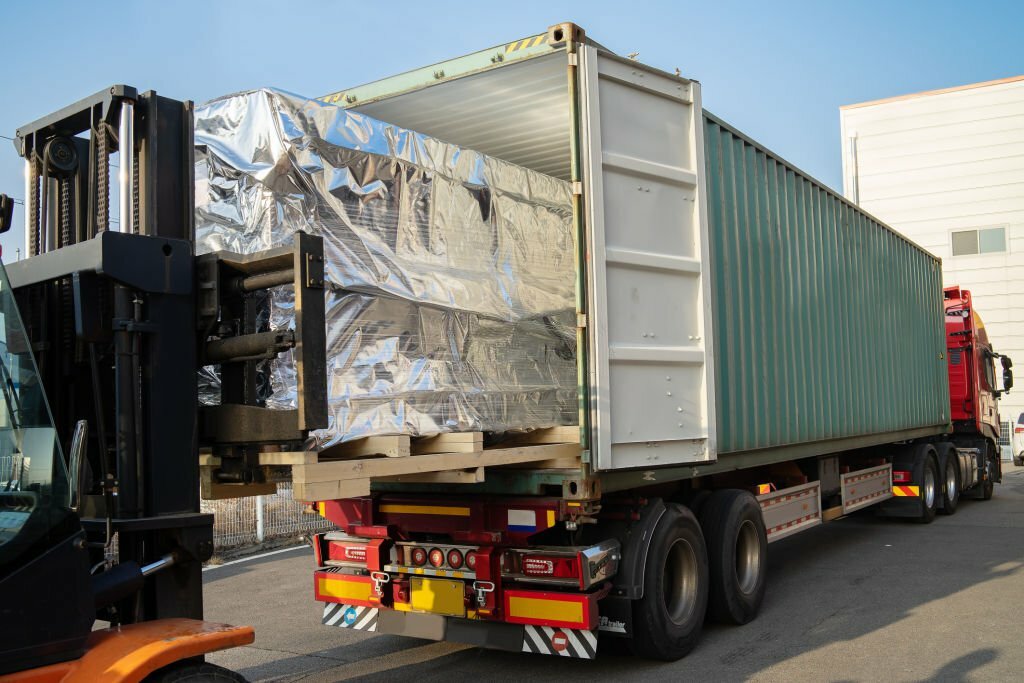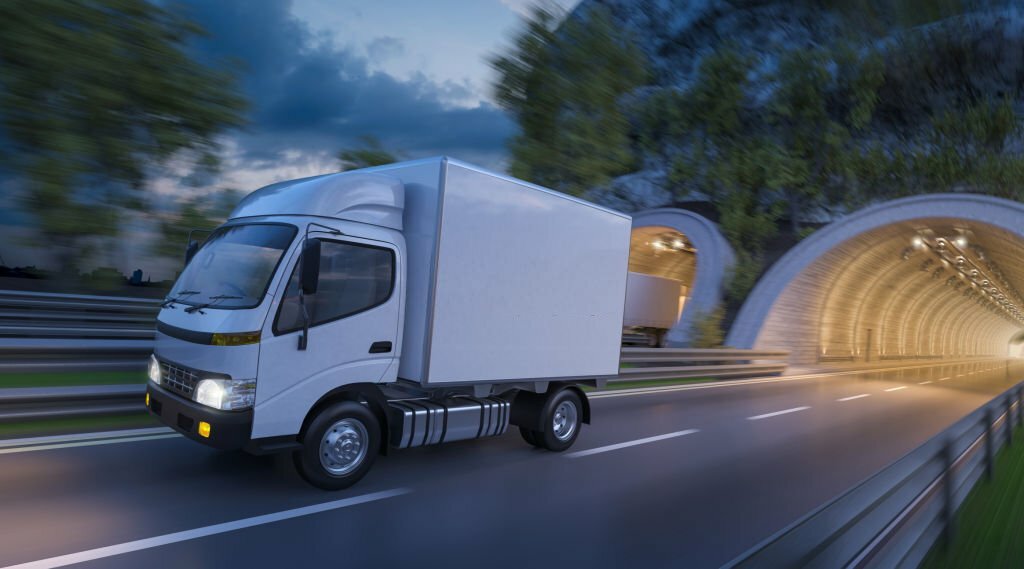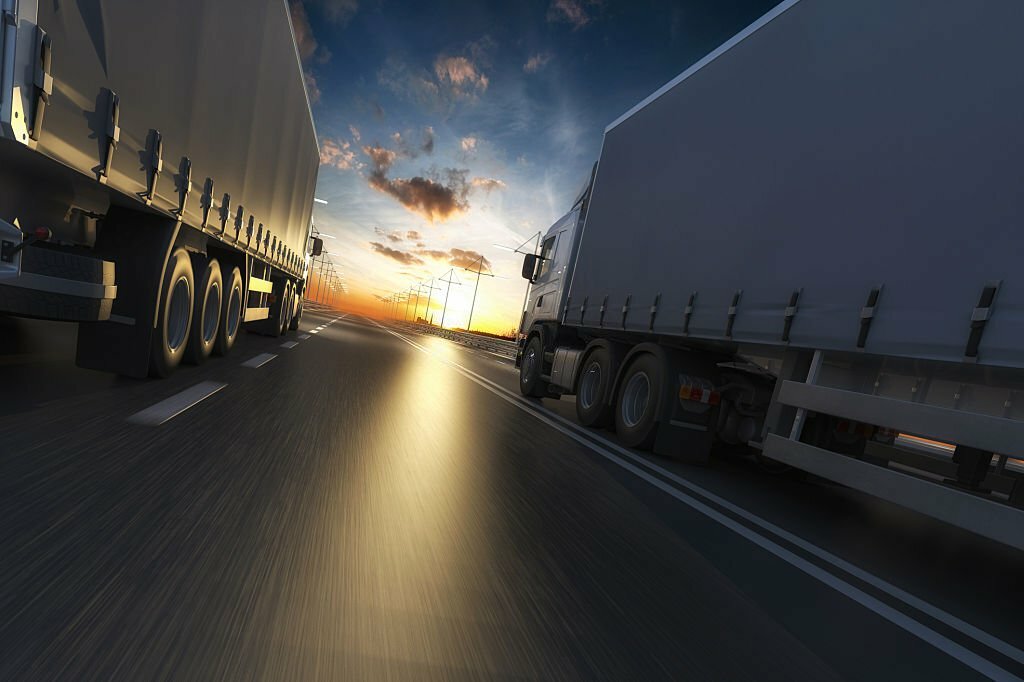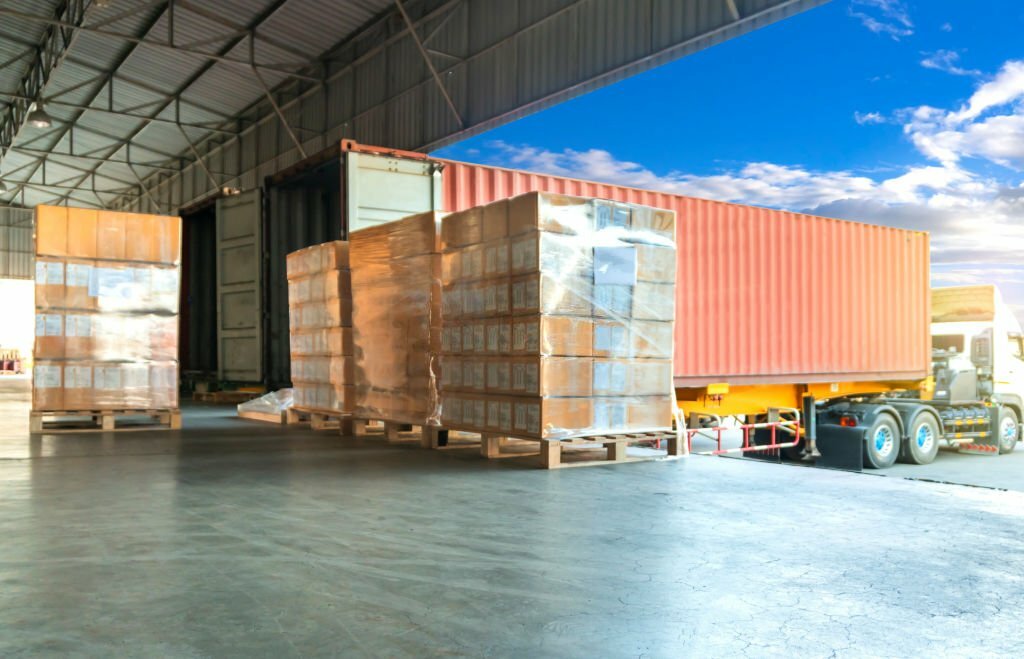Transportation in Logistics
In the dynamic and interconnected world of commerce, the smooth flow of goods is paramount to the success of businesses.
This intricate web of supply and demand relies heavily on a robust logistics network, where transportation plays a pivotal role. From raw material procurement to finished product delivery, every stage in the supply chain hinges on the efficiency, reliability, and cost-effectiveness of transportation.
In this comprehensive exploration, we delve into the realm of transportation for logistics, examining its significance, challenges, and innovative solutions that drive modern commerce.


The Significance of Transportation in Logistics:
Transportation serves as the heartbeat of global trade, facilitating the movement of goods across vast distances and intricate routes. A well-optimized transportation system offers several key benefits:
- Supply Chain Connectivity: Transportation connects suppliers, manufacturers, distributors, and retailers, ensuring the timely availability of goods at each stage.
- Reduced Costs: Efficient transportation minimizes operational costs by optimizing routes, reducing fuel consumption, and decreasing inventory holding times.
- Customer Satisfaction: Swift and reliable transportation ensures that customers receive products on time, bolstering customer satisfaction and loyalty.
- Market Expansion: A well-connected transportation network opens up new markets and trade opportunities, facilitating business growth and expansion.
Challenges in Transportation for Logistics:
Despite its undeniable importance, transportation in logistics faces several challenges that impact the efficiency of the entire supply chain:
- Congestion: Urban congestion and crowded transportation hubs can lead to delays, increasing lead times and operational costs.
- Infrastructure Limitations: Inadequate transportation infrastructure, such as roads, ports, and railways, can hamper the smooth movement of goods.
- Fuel Price Volatility: Fluctuating fuel prices directly affect transportation costs, making budgeting and cost prediction challenging.


Innovative Solutions:
To address these challenges and optimize transportation for logistics, various innovative solutions have emerged:
- Digital Platforms and IoT: Advanced digital platforms integrate real-time data from transportation vehicles, warehouses, and other supply chain nodes. Internet of Things (IoT) sensors enable proactive monitoring, allowing for optimized route planning, reduced downtime, and enhanced visibility.
- Blockchain Technology: Blockchain enhances transparency and traceability, crucial for verifying the authenticity of goods and ensuring compliance at every stage of transportation.
- Autonomous Vehicles: Self-driving trucks and drones promise to revolutionize logistics by improving delivery speed, reducing human error, and enhancing overall efficiency.
- Route Optimization Algorithms: Advanced algorithms consider variables like traffic patterns, weather conditions, and delivery windows to create the most efficient routes, minimizing delays and costs.
- Collaborative Logistics: Sharing resources and collaborating with other companies for transportation can lead to cost savings and more sustainable practices.
Future of Transportation:
The future of transportation for logistics is shaped by technology and sustainability. As smart systems, automation, and green initiatives gain traction, the industry is poised for transformation.
Predictive analytics and machine learning will enhance forecasting accuracy, further reducing lead times and improving customer satisfaction.
Moreover, urban planning and innovative last-mile delivery solutions will address the challenges posed by urbanization.

Still have a question ?
We're here to help you